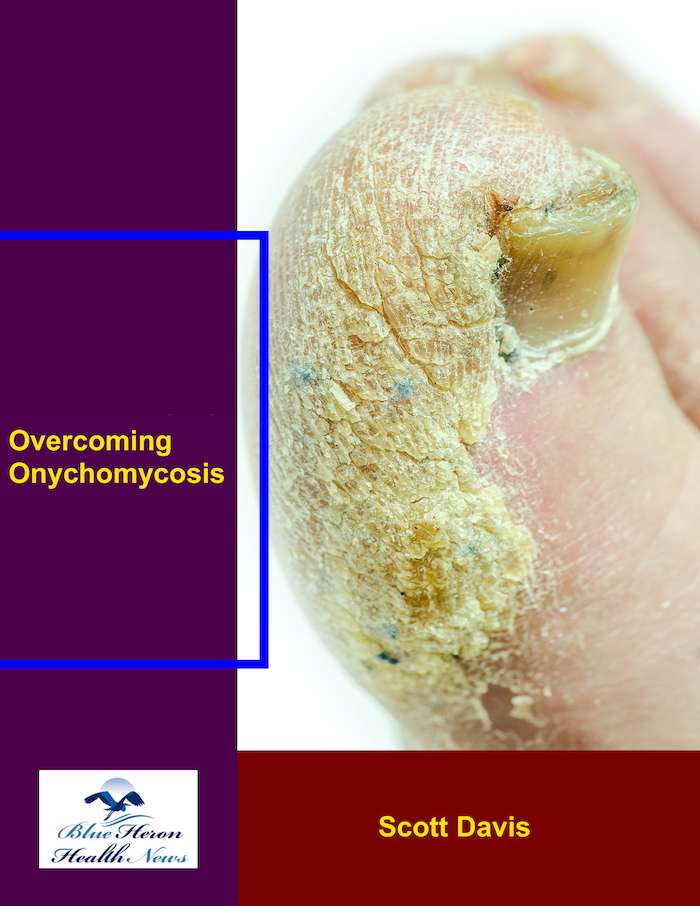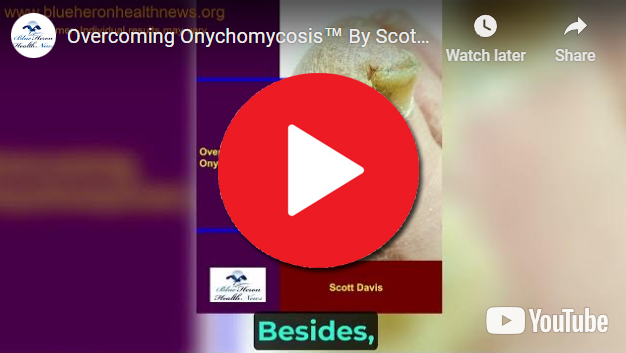
Overcoming Onychomycosis™ By Scott Davis It is a simple, natural, and all-in-one solution for onychomycosis. The program can help you to treat your nail fungus naturally. Once you follow this program, you do not need to spend on expensive treatments to prevent a recurrence. In brief, you can have a proven solution for your chronic nail fungus. Besides, the program is easy to follow, and most users find it effective against onychomycosis.
How can one manage hemorrhoids with chronic constipation?
Treating hemorrhoids together with chronic constipation requires treating both conditions with a combination of dietary change, lifestyle modification, and good hygiene practices to ease strain and promote soft, smooth bowel movements. Here’s how to effectively treat both conditions:
1. Soften Stools to Reduce Straining
✅ Increase fiber intake (to 25–30g daily):
Fruits (apples, pears, berries)
Vegetables (broccoli, spinach, carrots)
Whole grains (oats, brown rice, whole wheat)
Legumes (beans, lentils)
✅ Drink lots of fluids:
Drink at least 8–10 glasses of water a day.
Warm liquids (herbal tea, warm water with lemon) can help trigger bowel movements.
✅ Utilize natural stool softeners:
Prunes, flaxseeds, chia seeds soften stool.
Psyllium husk or fiber supplements (like Metamucil) if food fiber isn’t enough.
2. Improve Bowel Habits
✅ Don’t ignore the urge to go: Holding it in can worsen constipation as well as hemorrhoids.
✅ Take a squat position:
Put a footstool (6-8 inches tall) under your feet when sitting on the toilet to decrease strain.
✅ Don’t push too much:
Breathe deeply and relax the pelvic floor to avoid irritating hemorrhoids.
3. Ease Hemorrhoid Symptoms
✅ Warm sitz baths (15-20 minutes):
Soak the anus in warm water 2-3 times a day to decrease swelling.
✅ Topical treatments:
Apply witch hazel wipes, aloe vera, or hydrocortisone creams for comfort.
✅ Cold compresses:
Apply ice packs for 10–15 minutes to reduce swelling and pain.
4. Stay Active to Prevent Constipation
✅ Regular exercise (30 minutes daily):
Walking, swimming, and yoga promote good digestion.
✅ Pelvic floor exercises (Kegels):
Strengthen rectal muscles to reduce pressure on hemorrhoidal veins.
5. Seek Medical Options if Needed
???? When to See a Doctor:
Severe or ongoing pain despite home care.
Bleeding with bowel movements that won’t stop.
Hemorrhoids that protrude or won’t shrink over time.
???? Medical treatments:
Stool softeners (if diet does not help).
Rubber band ligation, sclerotherapy, or surgery can treat severe hemorrhoids.
Do you want a meal plan or exercises to help with constipation and hemorrhoids? ????
There are several common myths related to hemorrhoids that can lead to misconceptions or undue worry. A few of them are:
Hemorrhoids are caused by poor hygiene: Some people believe hemorrhoids are caused by not wiping correctly after a bowel movement, but they more often are caused by heightened pressure in the rectal area, such as from constipation, sitting for long periods, or straining during bowel movements.
Only older adults get hemorrhoids: Although hemorrhoids are more common in older adults, they can be found in people of any age, particularly those who are pregnant, obese, or habitually constipated.
Hemorrhoids are always painful: Certain hemorrhoids are not painful. Internal hemorrhoids, i.e., those within the rectum, might not be painful but may bleed. External hemorrhoids, i.e., those under the skin around the anus, may be painful if they become irritated or thrombosed (clotted).
You need surgery to treat hemorrhoids: Most hemorrhoid cases can be managed with lifestyle change (e.g., increasing fiber intake), over-the-counter medications, or home remedies. Surgery is usually reserved for severe cases that are not responsive to other treatments.
Hemorrhoids are a sign of something serious, like cancer: Hemorrhoids are not uncommon and are not typically an indication of a serious underlying condition. However, any rectal bleeding should be evaluated by a healthcare professional to rule out other causes, such as colorectal cancer.
Sitting on the toilet for long periods relieves hemorrhoids: Sitting for long periods on the toilet can actually exacerbate hemorrhoids. It increases pressure in the rectal area, which can lead to hemorrhoids or worsen them.
Hemorrhoids can be managed with medicines alone: While over-the-counter creams and suppositories can provide symptom relief, the best treatment is often lifestyle changes like a diet change, increased fluids, and avoiding prolonged sitting or straining.
Does this come as a surprise to any of you?
Overcoming Onychomycosis™ By Scott Davis It is a simple, natural, and all-in-one solution for onychomycosis. The program can help you to treat your nail fungus naturally. Once you follow this program, you do not need to spend on expensive treatments to prevent a recurrence. In brief, you can have a proven solution for your chronic nail fungus. Besides, the program is easy to follow, and most users find it effective against onychomycosis.
